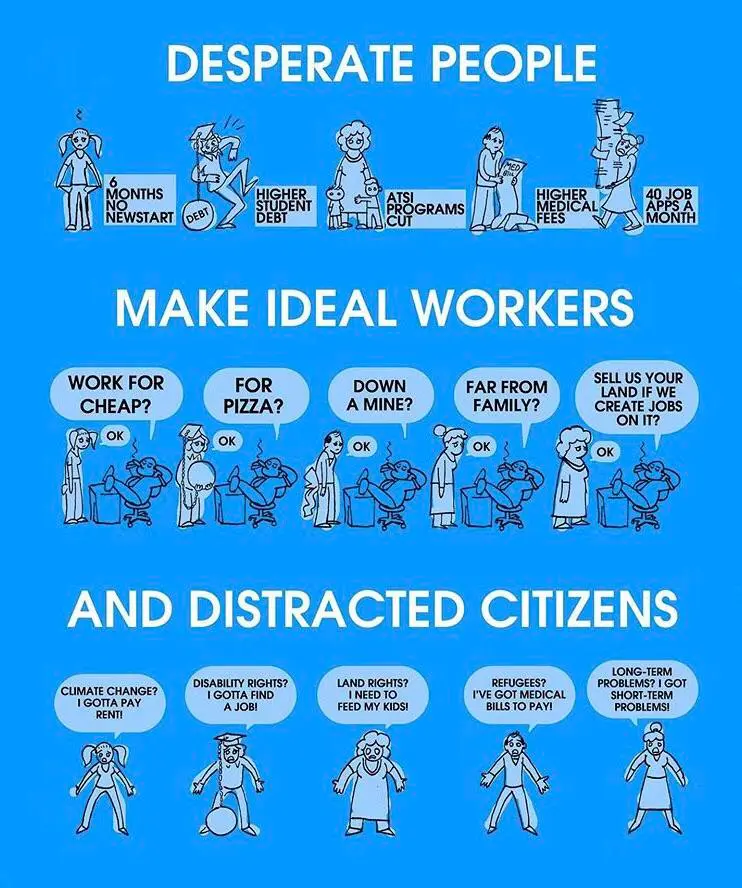- cross-posted to:
- [email protected]
- cross-posted to:
- [email protected]
“Captive audience meetings” are no longer captive after a new law bans employers from disciplining workers who don’t attend.
New York has banned captive audience meetings, a popular union-busting tactic used by companies during organizing periods to disseminate anti-union information. Governor Kathy Hochul signed the bill on Wednesday morning, making the state the fifth in the U.S. to make such meetings illegal.
“This legislation will help to ensure that all New Yorkers receive the benefits and protections that allow them to work with dignity,” Hochul said in a statement on Wednesday. “My administration is committed to making our state the most worker-friendly state in the nation, and I thank the bill sponsors for their partnership in our mission to establish the strongest and most robust protections right here in New York.”
A captive audience meeting describes a mandatory meeting organized by an employer whose workers have expressed interest in or begun the process of unionizing. During this meeting, employers will hire labor relations consultants, whose job it is to “persuade employees to exercise or not to exercise…the right to organize and bargain collectively,” as is defined by the forms these consultants are legally required to file to the National Labor Relations Board every year. If employees miss these meetings, they can face retaliation by the company.
New York workers have faced significant anti-union efforts over the past year. Warehouse workers at Amazon’s ALB1 facility in Albany were organizing to join the Amazon Labor Union last fall. As Motherboard reported, Amazon hired anti-union consultants to hold captive audience meetings, take workers off the floor to speak to them individually, and distribute anti-union T-shirts and materials encouraging them to vote against joining the union. Amazon paid these consultants at least $3,200 per day. When the votes were counted, the union lost its election by an almost two-to-one margin. Union organizers alleged that Amazon’s “coercive, threatening and retaliatory conduct” was to blame.
Workers organizing at other New York locations have faced similar efforts. Baristas unionized with Starbucks Workers United say they faced corporate union-busting efforts across stores, including captive audience meetings and one-on-one conversations with consultants.
The New York State Senate bill, sponsored by State Senator Jessica Ramos, aims to “[protect] employee freedom of speech and conscience” by making it illegal to retaliate against workers who don’t attend these meetings for “political and religious” reasons, which includes supporting the union.
“I think this is a major victory for labor,” said Seth Goldstein, a lawyer at Julien, Mirer, Singla and Goldstein, who has represented unionizing Amazon workers. “This is directly parallel to what the NLRB is doing as well. Both federal and state governments are now taking a position that captive audience meetings are illegal, and inherently coercive.”
New York joins Connecticut, Minnesota, Maine, and Oregon in enacting legislation against captive audience meetings. The National Labor Relations Board general counsel seeks to ban them nationwide. Union organizers are expecting the Board to release an administrative law decision on captive audience meetings in the coming months.
It is always welcome when the state supports labor, but remember, collusion between the state and capital is latent in the system, and ultimately exceptions, in which state power serves the interests of labor, are no more than concessions that may be lost the moment labor is caught off guard.


